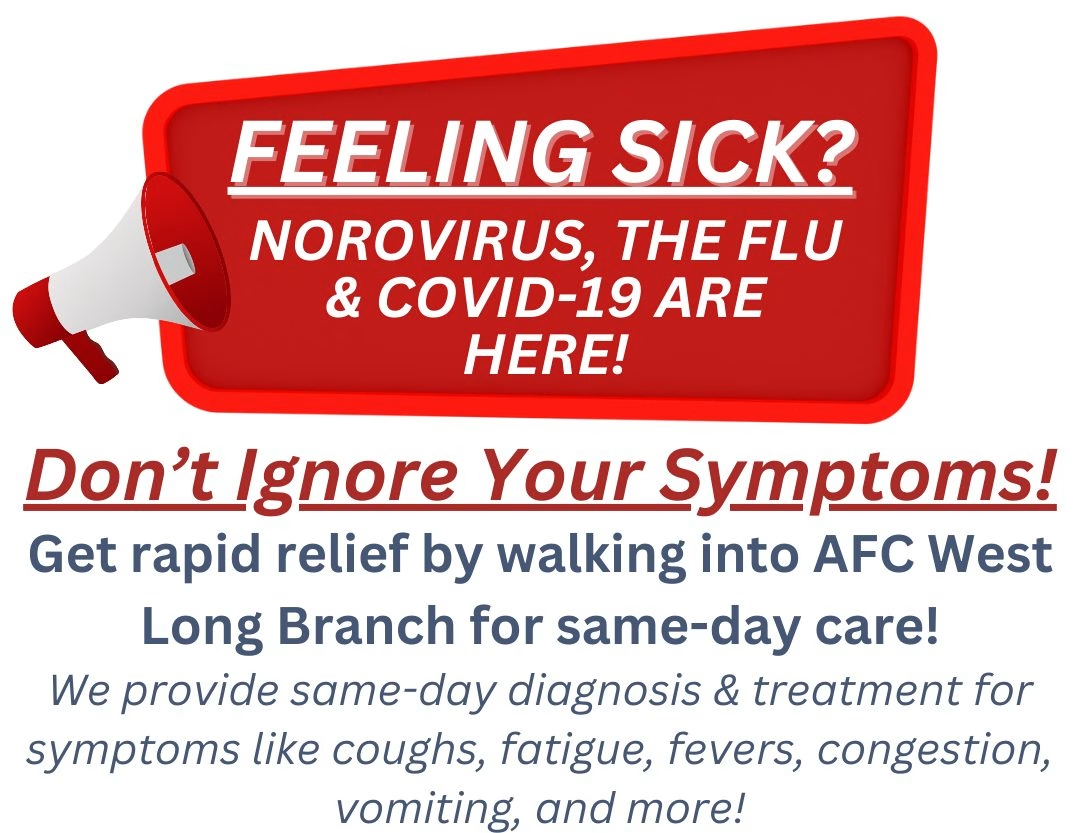Most adults will require an STD (sexually transmitted disease) test or screening throughout their life. In 2017, nearly 2.2 million adults reported cases of chlamydia, gonorrhea, and syphilis as more cases of these STD grew year-to-year.
Additionally, most adults that are sexually active already have a high risks of contracting at least one STD in their lifetime. While most STDs are preventable and treatable, getting a screening as soon as possible can help reduce any health complications from long-term STDs. Actively identifying an STD helps to make treatment and prevention faster, and more effective, than waiting for symptoms to occur.
So when should you get an STD screening? How can you improve your ability to determine when it is appropriate to get a test?
Get an STD test after sexual activity with a new partner or multiple partners
If you had sexual intercourse with a new partner, or multiple partners in short frequency, then you should get an STD screening as soon as possible.
Even though a partner may say they never had an STD, you should always check with a screening to confirm that notion. Sometimes, an STD doesn’t have apparent symptoms for both men and women and could be present in your body without physical indication.
Additionally, your risk of an STD increases as you have more sexual partners over a short period of time. If you have more than one sexual partner over a couple weeks or days then make sure to get an updated screening.
If you experience physical symptoms get a screening ASAP and begin treatment
Most STDs have the same set of physical symptoms in both men and women, but are not always apparent. However, when this symptoms are present then you’ll want to get a screening and initiate treatment. Multiple symptoms likely indicate that you have some sort of STD. But a screening from a doctor will help determine what the actual disease is.
Symptoms to look out for include:
- Bumps or sores near the mouth and reproductive organs
- Swelling or redness near reproductive organs
- Painful urination
- Unusual discharge from the penis or vagina
- Severe itching near reproductive organs
People with high-risk behaviors and lifestyles should get screenings
Certain lifestyles, behaviors, and habits can increase your risk of getting an STD. The use of certain drugs and partaking in increased sexual activity directly correlates to the change of an STD. People who use the following substances and engage in the following activities have higher than normal chances of getting an STD:
- Frequent alcohol use that can influence riskier sexual behavior
- Use of injectable recreational drugs such as heroin, which increases STD risks if sharing needles with infected users
- Having unprotected sex
- Having a history of STIs
STDs are highly preventable even if you engage in sexual intercourse. However, it never hurts to get a private screening to double check. AFC Urgent Care West Long Branch can help by providing discrete and private same-day results of STD screenings for our patients.

